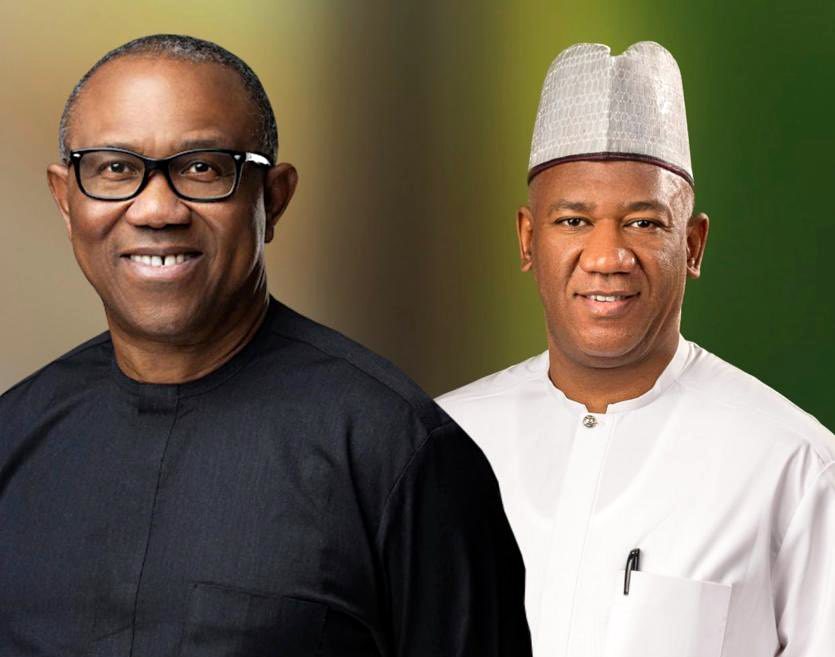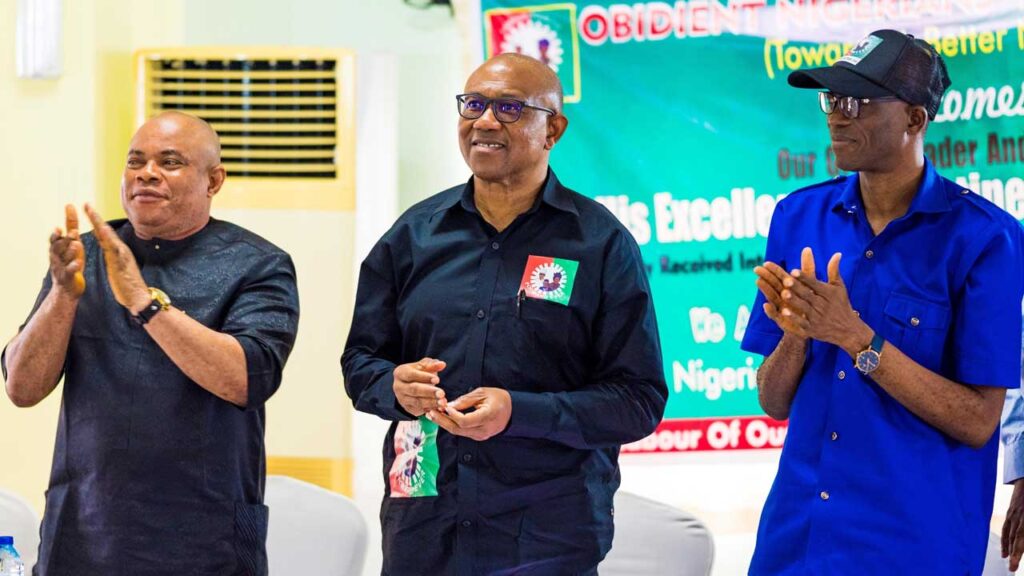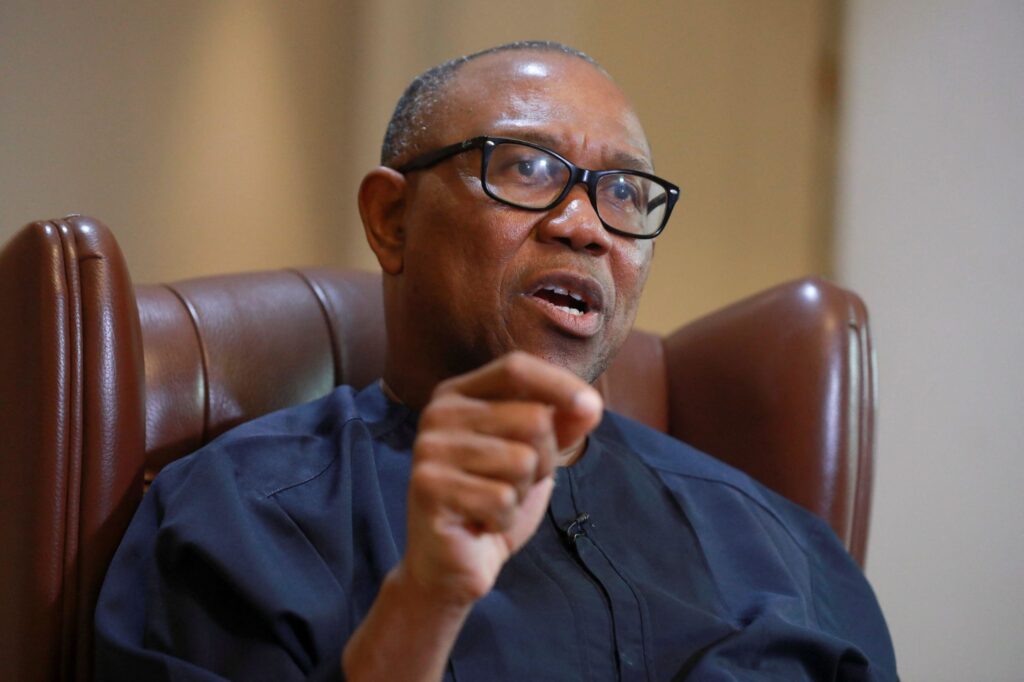
CURRENT REPORT BLOG In a ruling that has captured the attention of the nation, the Presidential Election Petitions Court (PEPC) has clarified a crucial aspect of Nigeria’s electoral law. This landmark decision pertains to the mandatory 25% vote threshold in the Federal Capital Territory (FCT) and the dismissal of Peter Obi’s petition for lack of merit.
Understanding the 25% Vote Threshold
One of the central issues addressed by the PEPC in its ruling is the interpretation of Section 134 (2) A & B of the Nigerian Constitution, particularly regarding the 25% vote requirement in the FCT. The court found the interpretation put forth by the Labour Party’s legal team to be “fallacious if not outrightly ludicrous.” This verdict underscores the importance of precise legal interpretation in the context of electoral law.
The Significance of the Conjunction “and”
PEPC further clarified that the use of the conjunction “and” in the relevant constitutional provision does not imply anything special, as suggested by Peter Obi of the Labour Party. The court’s ruling affirms that Section 134 (2) A & B merely treats the FCT as one of the 36 states of the federation, dispelling any misconceptions about the FCT’s unique status in electoral matters.

Peter Obi’s Petition Dismissed
In a decision that reverberates throughout the political landscape, Peter Obi’s petition challenging the election results was dismissed by the PEPC. The court’s ruling cited a lack of merit in the petition as the basis for this decision. This outcome underscores the importance of presenting substantial and valid claims in electoral petitions.
Implications of PEPC’s Ruling
PEPC’s decision sets a crucial precedent for future electoral disputes in Nigeria. It reaffirms the clear and unambiguous interpretation of the 25% vote threshold in the FCT and emphasizes the need for well-founded legal arguments in electoral petitions. This ruling is a testament to the strength and independence of Nigeria’s judiciary.












